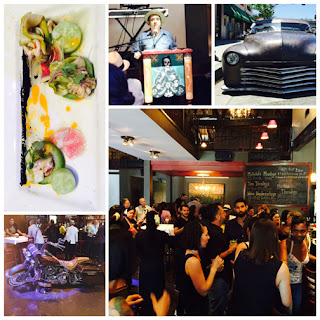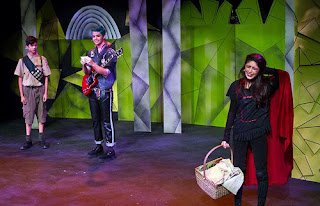My Life with Louie: LA's Poet Laureate Speaks

by Abel M. Salas There is no way to write about Tia Chucha Centro Cultural, LA’s official Poet Laureate Luís Rodríguez or his wife Trini Rodríguez objectively or impartially. My life as a writer, a publisher, a journalist and a cultural worker has been, for decades, too closely tied to Rodriguez and his perennial work as a mentor, poet, novelist and humanitarian. The efforts he has undertaken as a gentle yet still indefatigable cultural engine on his own and his fortitude alongside an equally strong life partner at the helm of the famed San Fernando Valley bookstore, coffee house and cultural hub are too much a part of who I have become and who I still aspire to be for me to pretend neutrality. Central to this confession or--as they say--in the interest of full disclosure, I have to point to the fact that Luís and I share a history that began more than ten years before we actually met in person. It was during that meeting, which took place during the early 1990s at the San Anton...



